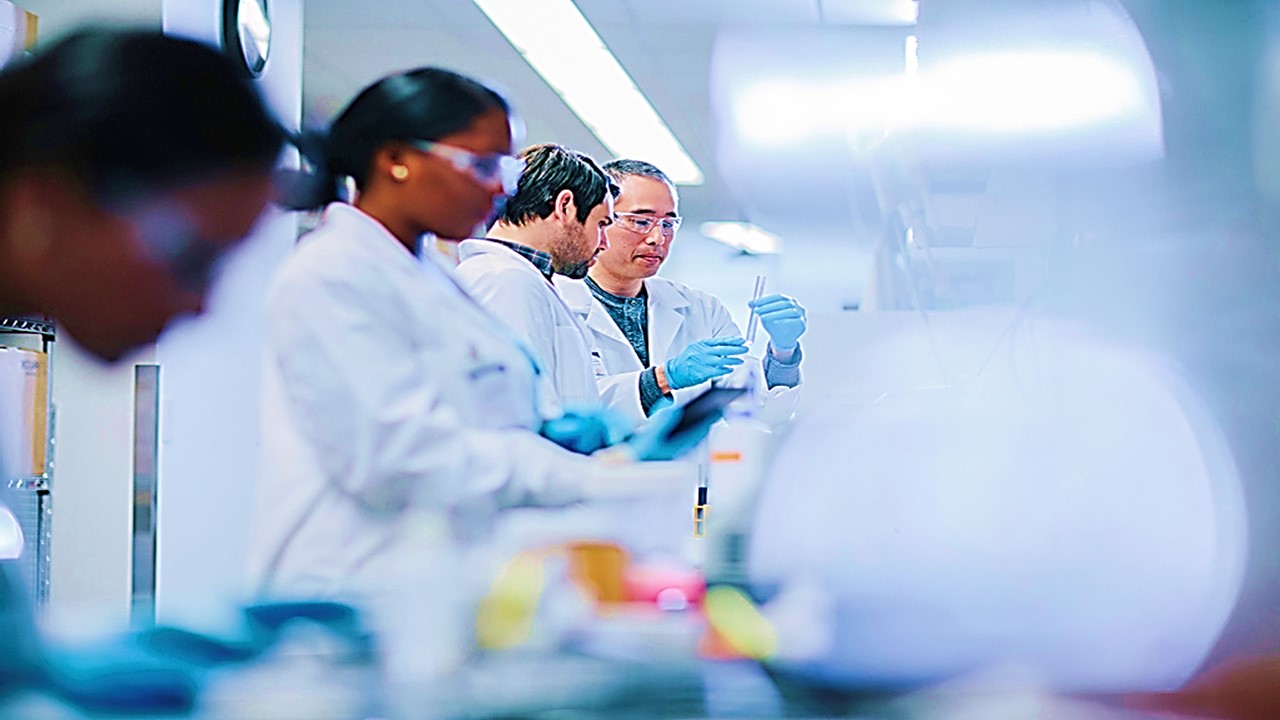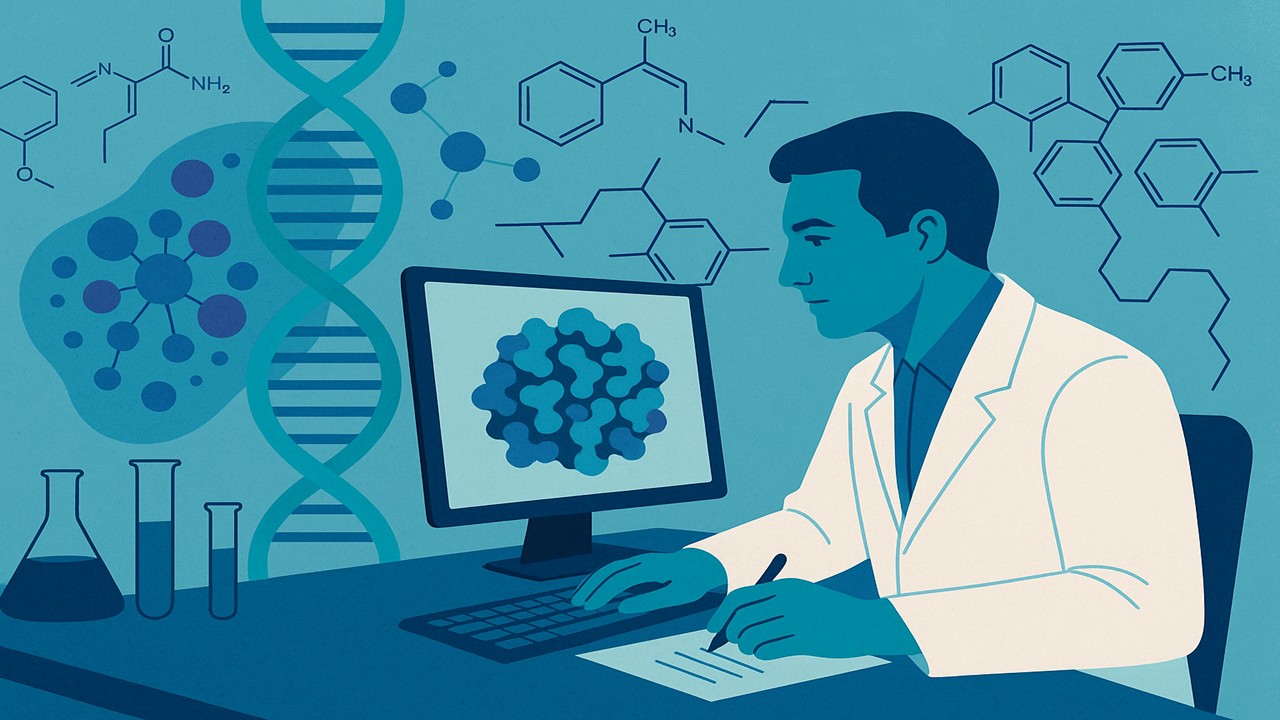Within the intricate web of clinical trials, uncertainties abound throughout the supply chain. On the demand side, the forecasted patient recruitment presents a formidable challenge. Anticipating patient arrivals at various sites, determining treatment regimens, and addressing the idiosyncrasies of patient responses remain enigmatic. As trials advance, the intricate dance of adjusting dosages for individual patients and accommodating diverse demographics adds to the complexity. These persistent questions place immense pressure on the clinical supply chain, underscoring the critical need for accurate drug production forecasts to avert stock shortages and logistical crises, all while preserving operational efficiency.
Navigating a Shifting Landscape and Regulatory Ripples
In recent years, the pharmaceutical industry has grappled with an array of global challenges. The impact of Brexit, ever-evolving regulations, the disruptive force of the COVID-19 pandemic, and geopolitical conflicts have necessitated continuous adaptation of global supply chain strategies. To compound the unpredictability, the industry is gravitating toward biotechnology-driven drugs, each subject to tighter expiration constraints. McKinsey’s research has underscored the potential for enhancements in supply chain quality and global confidence. Hence, the proactive evaluation of uncertainties stemming from these transformations becomes pivotal for biotech organizations striving to realize their ambitious clinical aspirations.
A Pathway to Reduced Waste and ESG Alignment
Efficiency in the clinical trial supply chain not only promises a reduction in drug waste but also the curbing of distribution needs. This aligns seamlessly with the growing emphasis on Environmental, Social, and Governance (ESG) principles within the industry. As ESG considerations become integral to daily operations, the streamlining of supply chains emerges as a linchpin for pharma and biotech companies aiming to fulfill their ESG goals.
Embracing Data and AI for Precision Management
In response to the pervasive uncertainties plaguing clinical trial supply chains, biotech and pharmaceutical firms are increasingly turning to the power of data and artificial intelligence (AI). The initial step involves identifying appropriate software technologies for centralizing, optimizing, and facilitating seamless data exchange. With the clinical supply chain comprising numerous intricate steps, the need for accurate demand forecasting solutions and efficient supply planning systems becomes paramount. These technologies are indispensable for translating clinical demand into supply chain decisions, spanning from drug substance manufacturing to investigational site inventory management.
Shaping Trials through Protocol Design and Adaptive Strategies
Clinical trials are subject to influence at two critical junctures. First, during the inception stage or protocol design, the alignment of the supply chain with site and depot requirements and IMP (Investigational Medicinal Product) release plans assumes pivotal importance. Envisaging various scenarios allows for anticipation of potential trial evolutions. Second, during the trial itself, the capacity to dynamically reassess clinical demand assumes significance. Leveraging AI and machine learning techniques, clinical supply managers can identify sources of risk associated with supplies and potential bottlenecks. This proactive approach not only ensures greater control for supply chain managers but also enhances patient safety and minimizes waste, thereby optimizing trial budgets.
Mitigating Drug Waste for Long-term Sustainability
Pharmaceutical companies traditionally resort to overproduction, overstocking, and excessive distribution of drug kits to ensure patient safety and dosage accuracy. However, this practice results in substantial drug waste. Research suggests that pharmaceutical and biotech companies discard a significant proportion of their produced drugs. This not only incurs substantial costs but also impedes innovation. Short-term solutions, such as bolstering manufacturing capabilities, offer only temporary respite without addressing the underlying issues of sustainability and waste mitigation. Biotech organizations are increasingly investing in efficient supply chain planning systems empowered by AI technology, which can significantly reduce waste. This, in turn, allows for more judicious allocation of resources, expedites patient recruitment, and accelerates new studies, ultimately culminating in shorter NDA (New Drug Application) filing and FDA approval timelines.
Embracing Technology for Transformation
The adoption of new technology, including AI and automation, necessitates a carefully managed transition that spans two to three years to maximize its benefits. Commencing with an assessment of digital maturity, organizations can identify areas for process or structural adaptations. Effective utilization of AI-driven forecasting and optimization software is essential, and trust in the technology’s capabilities is paramount. Real-time monitoring dashboards provide insights that enable proactive supply chain adjustments, bolstering patient-centric care and minimizing waste.
Fostering Transparency for Trust and Informed Decision-Making
Avoiding the “black box effect” is crucial in the adoption of AI. The visualization of AI’s value allows clinical supply chain planners to comprehend how mathematical models enhance their daily operations, promoting proactivity and efficiency. Trust in technology fosters better decision-making across the supply chain, creating a collaborative environment where data-driven communication and streamlined drug development processes become the norm.
Charting the Path Ahead – Efficiency, Sustainability, and Enhanced Patient Care
As clinical trials evolve to become more intricate, decentralized, and patient-centric, biotech and pharma companies must harness the potential of data and automation to thrive amid mounting challenges. Technology emerges as the linchpin for reducing development timelines, minimizing waste, and optimizing costs, while simultaneously simplifying communication and supply chain management. Ultimately, this transformation translates into benefits for patients, ushering in swifter and more efficient treatment options.
Engr. Dex Marco Tiu Guibelondo, B.Sc. Pharm, R.Ph., B.Sc. CpE
Subscribe
to get our
LATEST NEWS
Related Posts

Clinical Trial Supply Chain
From Chaos to Control: The Clinical Reinvention of Supply Chain through Data-Driven Infrastructure
In a healthcare landscape increasingly dominated by automation and AI, it’s tempting to see technology as a cure-all.

Clinical Trial Supply Chain
Deciphering the Nexus: Cluster Analysis in Shaping Regional Supply Chain Hubs
Cluster analysis has become instrumental in understanding and optimizing supply chains.













